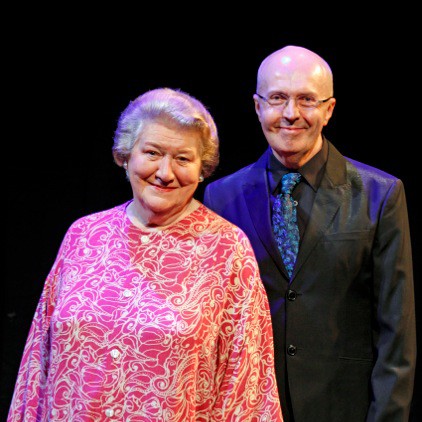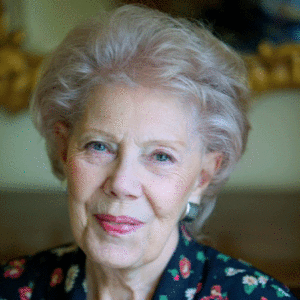The Last Night of the Proms – Review ****
Brittania always rules on the Last Night of the Proms – but in this Olympic year she really ruled. I’m still puzzled as to why they couldn’t find a home-grown Olympic Fanfare and not one recycled from Los Angeles 1984, though I suppose one “chariot of fire” from our lusty rendition of Parry’s Jerusalem trumps John Williams’ extra-terrestrials any day. And we did have “the Maltese tenor”, Joseph Calleja – singing superstar of the moment – in full Team GB Olympic tracksuit (albeit with a black T-shirt bearing the Maltese Cross) and it was he who sprang the surprise of the evening leading a line-up of our Olympic heroes (well, a few of them) to join in a reprise of… what else, Rule, Britannia!
This was also the Last Night for Jiri Belohlavek, the BBC Symphony Orchestra’s outgoing Chief Conductor, who snuck in a spirited rendition of Dvorak’s Carnival Overture into the night’s dotty confection but whose real send-off piece was a Prom “first” – Suk’s Towards a New Life – a jolly march-cum-patriotic singalong whose opening fanfare provided a premature opportunity for the laurel garlanding of Henry Wood’s bronze bust. Actually it wasn’t so much the Suk alone but its pairing with Delius‘ Songs of Farewell – beautifully sung by the BBC Symphony Chorus – that Belohlavek will replay fondly and nostalgically when he is back in the Czech Republic. He displayed great empathy with these poignant Walt Whitman settings, drenched as they are in the most yearning harmonies ever to flow from Delius’ pen – or rather that of his inspiring amanuensis Eric Fenby. The beauty and concision of these settings provided the evening with its emotional core marred only by pointless applause between songs which Belohlavek’s best efforts could not avert.
But what of the star turns? It may sound fanciful to say so but in terms of the sound they produce Joseph Calleja and Nicola Benedetti have much in common. Warmth and sweetness is a factor – he with his inviting flutter of vibrato, she with a touch of ecstasy in altissimo. Both were at their most memorable in the quietest music, he deploying melting diminuendos – one of quite spectacular breath control in Puccini’s “E lucevan le stelle” from Tosca – and she achieving memorable Prom hushes in the slow movement of Bruch’s First Violin Concerto offset, of course, by those falling phrases in the horns – a pointed reminder, if such were needed, of where Strauss found the great “summit” theme for his Alpine Symphony heard just 24 hours before courtesy of the Vienna Philharmonic.
The Proms is the perfect festival platform on which to indulge one’s passion for all kinds of musical cross-referencing, to hear and understand why and how certain pieces impact on others. You feel drunk on music’s great diversity as every season draws to a close. But the next is never very far away and the fact that it is consistently drawing an average audience of 93% or thereabouts for the main Albert Hall concerts is an astonishing statistic for those who think that classical music or indeed any of the arts are luxuries we can’t afford in times of recession. And this year it was a double-whammy with the Proms and the Olympics showing us and the world how raising the spirits of a nation is priceless. This Last Night began – as is now customary – with something short, sharp, and new. Mark Simpson’s sparks offered its own boozy fanfares to an art form in the ascendancy and if his firecrackers weren’t as showy as those going off in Hyde Park as we left the hall they flung down the requisite provocation to kick off the biggest end of term party of them all.
You May Also Like

MUSICALS Podcast: Edward Seckerson meets ZACHARY JAMES
06/03/2024
DAME PATRICIA ROUTLEDGE: Facing The Music – A Life in Musical Theatre
06/03/2024